 Published in 2021 by Enslow Publishing, LLC 101 W. 23rd Street, Suite 240, New York, NY 10011 2020 Booklife Publishing This edition is published by arrangement with Booklife Publishing All rights reserved. No part of this book may be reproduced by any means without the written permission of the publisher. Cataloging-in-Publication Data Names: Vallepur, Shalini. Title: I can be heard: brave activists who stood up for their beliefs / Shalini Vallepur. | Series: I can be | Includes glossary and index. | Series: I can be | Includes glossary and index.
Published in 2021 by Enslow Publishing, LLC 101 W. 23rd Street, Suite 240, New York, NY 10011 2020 Booklife Publishing This edition is published by arrangement with Booklife Publishing All rights reserved. No part of this book may be reproduced by any means without the written permission of the publisher. Cataloging-in-Publication Data Names: Vallepur, Shalini. Title: I can be heard: brave activists who stood up for their beliefs / Shalini Vallepur. | Series: I can be | Includes glossary and index. | Series: I can be | Includes glossary and index.
Identifiers: ISBN 9781978519671 (pbk.) | ISBN 9781978519695 (library bound) | ISBN 9781978519688 (6 pack) Subjects: LCSH: Social reformers--Biography--Juvenile literature. | Political activists--Biography--Juvenile literature. | Revolutionaries--Biography--Juvenile literature. Classification: LCC HN8.V35 2020 | DDC 303.4840922 B--dc23 Printed in the United States of America CPSIA compliance information: Batch #BS20ENS: For further information contact Enslow Publishing, New York, New York at 1-800-542-2595 IMAGE CREDITS All images are courtesy of Tetiana Yurchenko, robert_s. CONTENTS I CAN BEHEARD There are so many people in the world; it can seem like it is impossible to make yourself heard. Whether they have a message to get across or have something they want to stand up for, throughout history people have found ways to make their voices heard. So how have people made themselves heard in the past? Many people for change; these people are called activists.
This means that they work toward a certain goal, sometimes with other people. Going on a is another way to get a message across. This is when people come together in a public place to stand up for what they think is right. and human rights. But what exactly are rights? Civil and human rights say that every single person in the world is allowed to have freedom, to go to school, and not be treated unfairly by the law. Sometimes, people are not given these rights, and this is when activists use their voices for change.
There are many ways to make yourself heard and make a change. Lets see how people have used their voices to get heard and change the world. 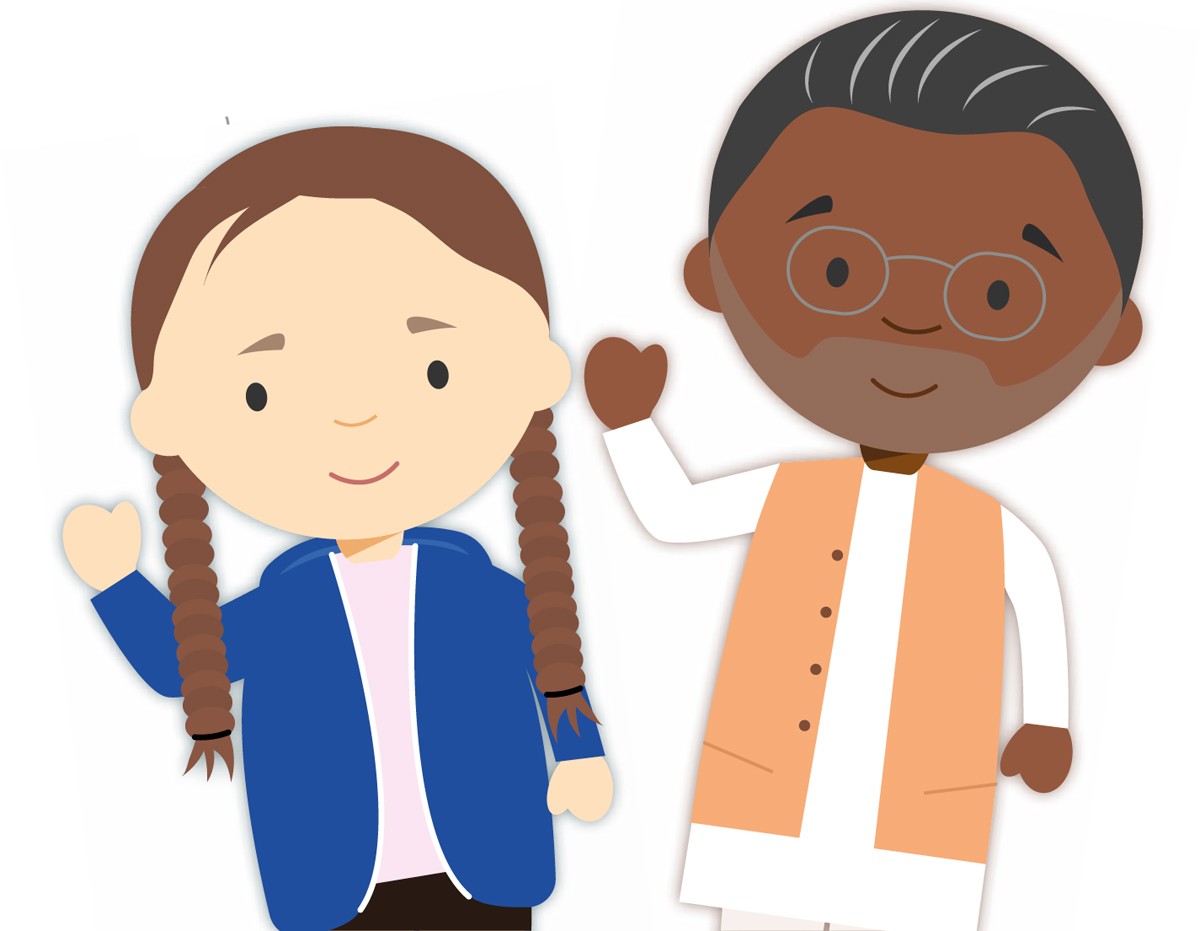 WILLIAM WILBERFORCE Born: 1759 Died: 1833 William Wilberforce grew up in Britain. He studied at Cambridge University and became interested in politics. At this time, Britain was involved in the . Many businesses liked the slave trade because they got a lot of money from it.
WILLIAM WILBERFORCE Born: 1759 Died: 1833 William Wilberforce grew up in Britain. He studied at Cambridge University and became interested in politics. At this time, Britain was involved in the . Many businesses liked the slave trade because they got a lot of money from it.
Wilberforce was a Christian. He met other Christians who once worked in the slave trade and heard their stories and experiences. Wilberforce believed that was wrong and that it was not right to treat other people in such a cruel way. He set up the Anti-Slavery Society and began a campaign to the slave trade in Britain and across the . Wilberforces campaign lasted for 20 years. He gave speeches, wrote books, and led protests to bring the abolition movement to everybodys attention.
The Anti-Slavery Society had thousands of supporters who joined in the movement. They were unpopular with many people, including the businesses that liked the slave trade, but the abolitionists didnt give up. Over time, Wilberforce became very sick. In 1833, three days before Wilberforce died, slavery in the British Empire was abolished and nearly all were freed. Wilberforce had led the abolition campaign to success. 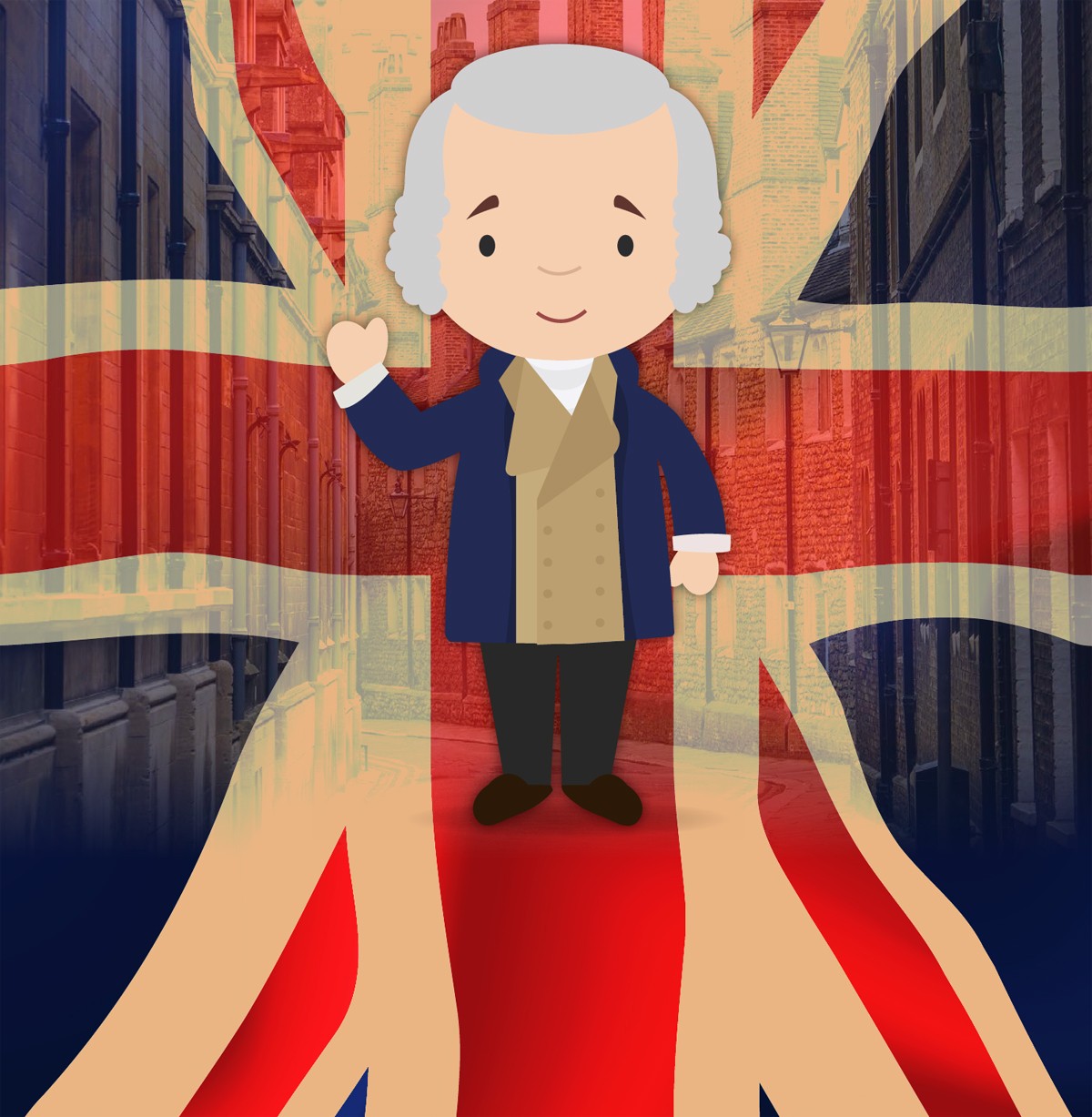 YOU MAY CHOOSE TO LOOK THE OTHER
YOU MAY CHOOSE TO LOOK THE OTHER
WAY, BUT YOU CAN NEVER SAY AGAIN
THAT YOU DID NOT KNOW.
- WILLIAM WILBERFORCE HARRIET TUBMAN Born: Around 1820 Died: 1913 Araminta Ross was born a slave in Maryland.  YOU MAY CHOOSE TO LOOK THE OTHER
YOU MAY CHOOSE TO LOOK THE OTHER
WAY, BUT YOU CAN NEVER SAY AGAIN
THAT YOU DID NOT KNOW.
- WILLIAM WILBERFORCE HARRIET TUBMAN Born: Around 1820 Died: 1913 Araminta Ross was born a slave in Maryland.
She grew up in a tiny cabin with her parents and eight brothers and sisters. She started to work when she was around five years old. Ross was treated very badly. She was beaten if she did something wrong and was given very little to eat. Even though slaves were not supposed to marry, Ross married a free slave named John Tubman. Ross changed her name to Harriet Tubman.
John didnt treat Harriet very well, and the marriage was not happy. Tubman was tired of being treated badly by her husband and her owners. She decided to escape from Maryland using the . She traveled to Pennsylvania, where slavery wasnt allowed. Tubman didnt want her family and other people to be slaves anymore. Tubman became a leader called a conductor in the Underground Railroad.
Conductors helped people find their way along the Underground Railroad to freedom. It was very dangerous, and a lot of people wanted to catch Tubman. She risked her life to help her family and at least 70 other slaves escape from slavery to freedom. BE LIKE TUBMAN AND DONT BE AFRAID TO DO SOMETHING GOOD, EVEN IF THINGS ARE HARD. 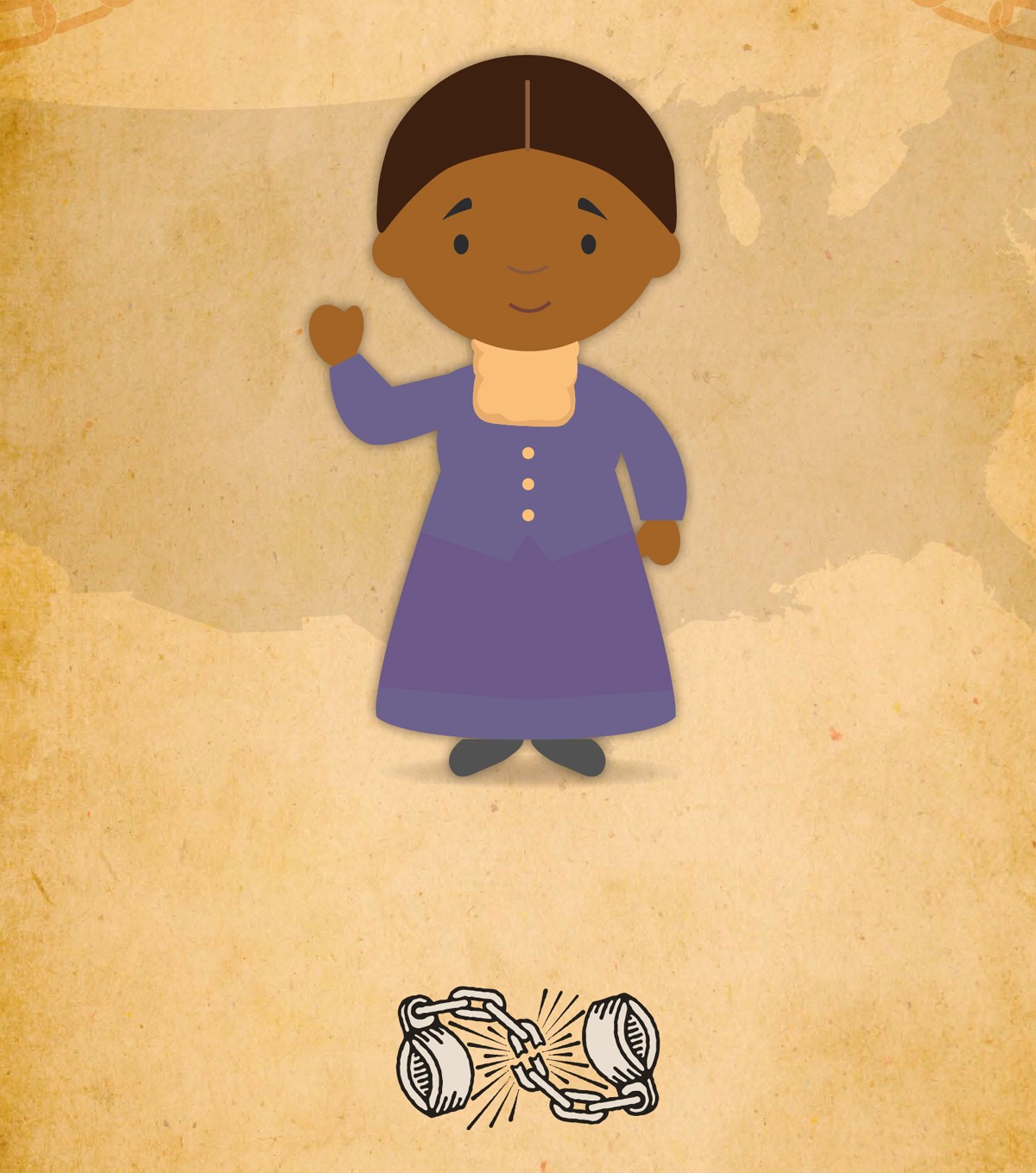 I WAS FREE, AND THEY SHOULD BE FREE.
I WAS FREE, AND THEY SHOULD BE FREE.
- HARRIET TUBMAN MAHATMA GANDHI Born: 1869 Died: 1948 Mohandas Gandhi was born in India. At this time, India was part of the British Empire and ruled by the British.
Gandhis parents wanted him to become a lawyer, so he went to London to go to a university. When Gandhi finished, he went to work in South Africa as a lawyer. There was a lot of racism against Indians in South Africa. This opened Gandhis eyes and made him interested in civil rights. He began a movement called satyagraha. Satyagraha methods were against any forms of violence.
Following satyagraha, Gandhi and other campaigners went on peaceful protests to inspire change. Gandhi was given the title Mahatma, which means Great Soul. When Gandhi returned to India, he was shocked at how poor many Indians were. Gandhi began to lead protests against the unfair and strict British laws that made Indians suffer. Gandhi began a long campaign to make India from Britain. He called for peaceful protests and for Indians of all backgrounds and religions to come together.
Millions of Indians followed Gandhis message, and he was put in prison many times by the British. India became independent of Britain in 1947, but there was still trouble. The British split India to make India and Pakistan: two separate countries. There was a lot of fighting that Gandhi tried to stop, but he was killed for his efforts. Gandhis message of peace inspired many people around the world. IN A GENTLE WAY,
YOU CAN SHAKE THE WORLD.
- MAHATMA GANDHI 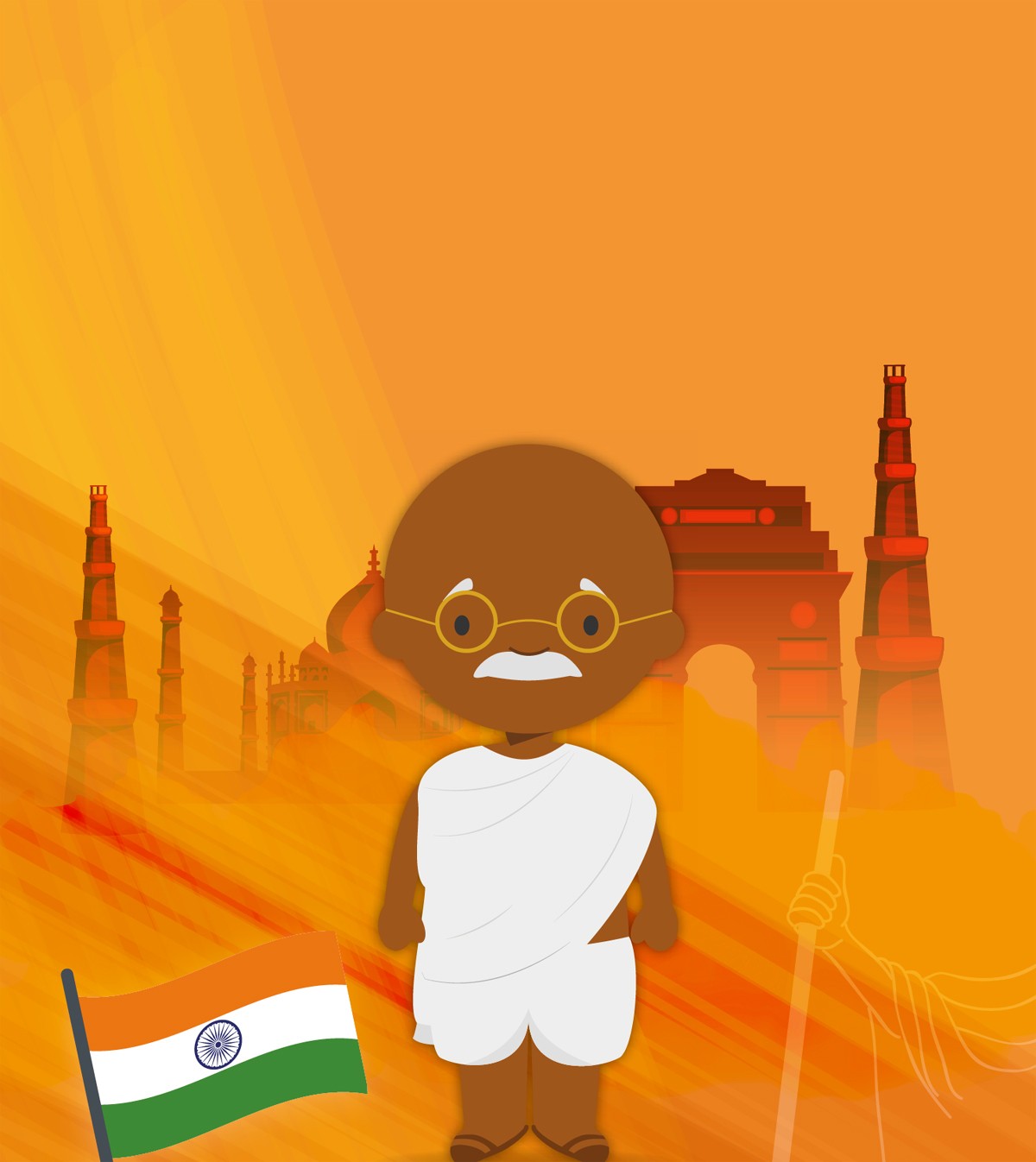 BE LIKE GANDHI AND BRING PEOPLE TOGETHER PEACEFULLY.
BE LIKE GANDHI AND BRING PEOPLE TOGETHER PEACEFULLY.
ROSA PARKS Born: 1913 Died: 2005 Rosa McCauley grew up in Montgomery, Alabama. There were segregation laws in Alabama during this time. This meant that black Americans often had different housing, schools, libraries, churches, swimming pools, and even drinking fountains than white Americans. McCauley married Raymond Parks and changed her name to Rosa Parks. They were tired of being treated differently, so they joined the to help stop the bad treatment of black Americans. Parks took a bus to and from work every day.
Next page
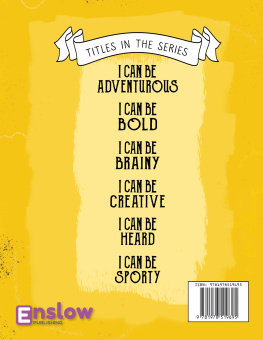
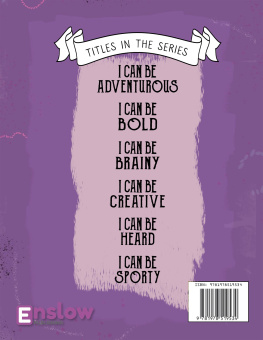


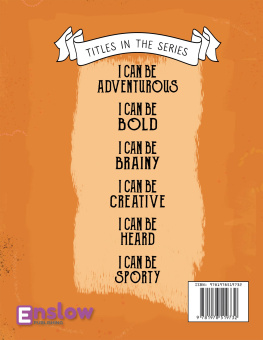
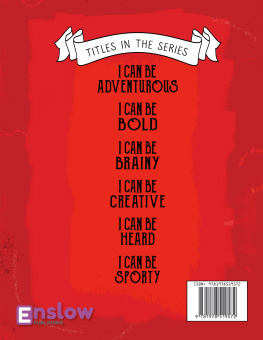
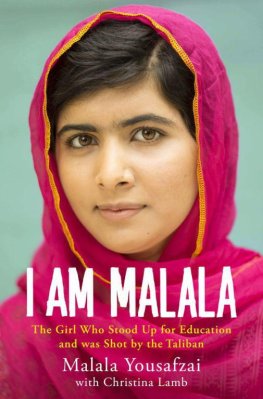

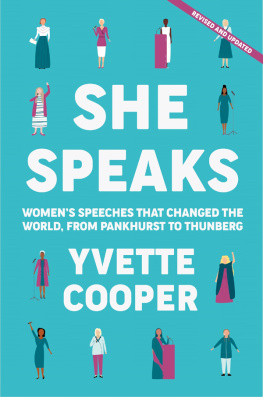
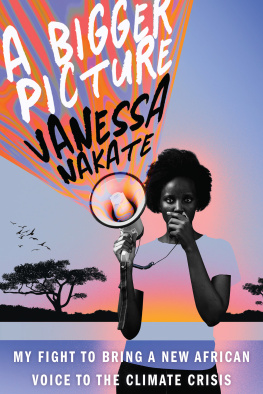

 Published in 2021 by Enslow Publishing, LLC 101 W. 23rd Street, Suite 240, New York, NY 10011 2020 Booklife Publishing This edition is published by arrangement with Booklife Publishing All rights reserved. No part of this book may be reproduced by any means without the written permission of the publisher. Cataloging-in-Publication Data Names: Vallepur, Shalini. Title: I can be heard: brave activists who stood up for their beliefs / Shalini Vallepur. | Series: I can be | Includes glossary and index. | Series: I can be | Includes glossary and index.
Published in 2021 by Enslow Publishing, LLC 101 W. 23rd Street, Suite 240, New York, NY 10011 2020 Booklife Publishing This edition is published by arrangement with Booklife Publishing All rights reserved. No part of this book may be reproduced by any means without the written permission of the publisher. Cataloging-in-Publication Data Names: Vallepur, Shalini. Title: I can be heard: brave activists who stood up for their beliefs / Shalini Vallepur. | Series: I can be | Includes glossary and index. | Series: I can be | Includes glossary and index. WILLIAM WILBERFORCE Born: 1759 Died: 1833 William Wilberforce grew up in Britain. He studied at Cambridge University and became interested in politics. At this time, Britain was involved in the . Many businesses liked the slave trade because they got a lot of money from it.
WILLIAM WILBERFORCE Born: 1759 Died: 1833 William Wilberforce grew up in Britain. He studied at Cambridge University and became interested in politics. At this time, Britain was involved in the . Many businesses liked the slave trade because they got a lot of money from it. YOU MAY CHOOSE TO LOOK THE OTHER
YOU MAY CHOOSE TO LOOK THE OTHER I WAS FREE, AND THEY SHOULD BE FREE.
I WAS FREE, AND THEY SHOULD BE FREE. BE LIKE GANDHI AND BRING PEOPLE TOGETHER PEACEFULLY.
BE LIKE GANDHI AND BRING PEOPLE TOGETHER PEACEFULLY.